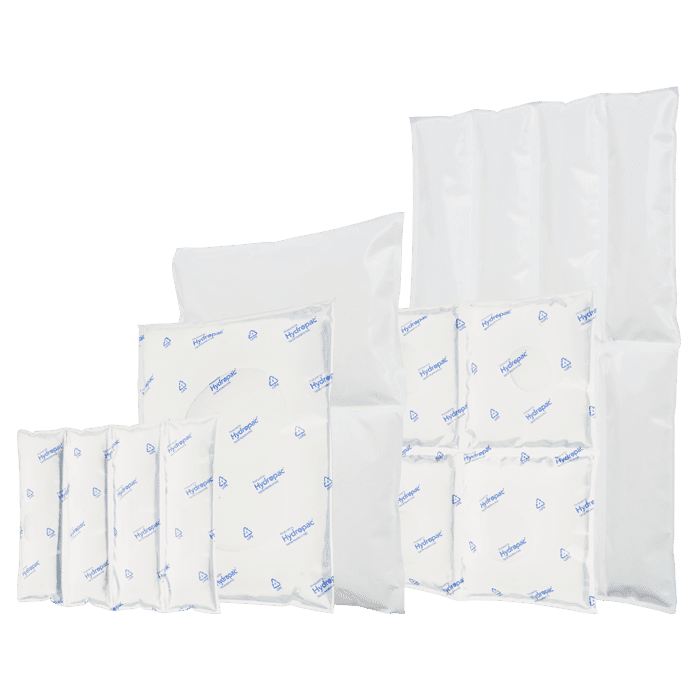Wake up to Single Use Plastics


We may be seen as a nation of busy bees but the reality is, up until recently, we’ve become complacently lazy when it comes to single use plastics and the importance of both recycling and reusing them in the correct manner. Convenience and cost have taken precedence over sustainability and environmental awareness, with items such as polystyrene cups, plastic cutlery and clingfilm sent by the ton every day to landfill with no further thought as to the hundreds of years they’ll then be sitting there before they eventually break down.
Custom chilled solutions for you
Hydropac offers every customer a customized solution for chilled and conditioned shipping. For example, we help a customer with limited freezing capacity to deliver gel packs frozen and ready to use, and we can manufacture almost all shapes and sizes of cooling elements. As a customer, you come first: we are here to help you.
It’s frustrating that single use plastics have become such a problem, as technically, most types of plastic can be recycled. The problem isn’t always the material, it’s the recycling logistics and also the (lack of) consumer awareness of what can (and will be) recycled and what can’t (and won’t). For example, consumers may think that clingfilm can be easily recycled; after all, it’s made from polyethylene which is the same plastic at top level that bottles are made from, and we all know that plastic bottles are recyclable. However, when you drill down a bit closer, clingfilm is not accepted by many local authorities because of the likelihood of food contamination, but also because it is high risk to clog up the machinery used to recycle it. Even if you clean it or discard unused clingfilm into your recycling bin, it’s most likely going to be sorted into the landfill pile when it reaches the sorting stage.
The same applies to items such as Polystyrene cups, which again are chemically and mechanically possible to recycle. However, because Polystyrene breaks down so easily, many local authorities won’t accept it because logistically it will cost too much to recycle properly and poses a high risk of damage to the machinery. Different councils do have different policies so it is always best to check with your local authority before deciding whether something definitely can or can’t be recycled. As a whole and with this in mind, it’s obvious that we need to further our understanding, individually and as a nation, as to what can and can’t be recycled, then tailor our usage accordingly. Single use plastics such as plastic cutlery may be convenient for both businesses and consumers, and technically they tick the recycling box, but in actuality even if you do the right thing and try to recycle them, they’re going to landfill anyway. Carrying reusable cutlery around with you or offering a more sustainable option may be less convenient or costlier, but it’s the better option in the long run for our planet (and can definitely earn businesses big brownie points in this eco-aware age)
Sustainability Hydropac and CSR
Sustainability isn’t just a trend for us – it’s a promise. As we innovate, create, and lead, we keep our planet’s well-being at the forefront. With Hydropac, you’re not just preserving the quality of your cargo; you’re contributing to a healthier world.
Experience the power of sustainable temperature assurance with Hydropac – where excellence and environmental responsibility coexist for a brighter future.




